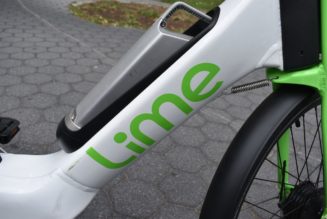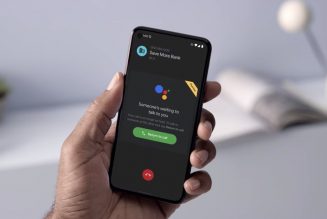
The city of Baltimore’s spy plane program was unconstitutional, violating the Fourth Amendment protection against illegal search, and law enforcement in the city cannot use any of the data it gathered, a court ruled Thursday. The Aerial Investigation Research (or AIR) program, which used airplanes and high-resolution cameras to record what was happening in a 32-square-mile part of the city, was canceled by the city in February.
Local Black activist groups, with support from the ACLU, sued to prevent Baltimore law enforcement from using any of the data it had collected in the time the program was up and running. The city tried to argue the case was moot since the program had been canceled. That didn’t sit well with civil liberties activists. “Government agencies have a history of secretly using similar technology for other purposes — including to surveil Black Lives Matter protests in Baltimore in recent years,” the ACLU said in a statement Thursday.
In an en banc ruling, the US Court of Appeals for the Fourth Circuit found that “because the AIR program enables police to deduce from the whole of individuals’ movements, we hold that accessing its data is a search and its warrantless operation violates the Fourth Amendment.” Chief Judge Roger Gregory wrote that the AIR program “is like a 21st century general search, enabling the police to collect all movements,” and that “allowing the police to wield this power unchecked is anathema to the values enshrined in our Fourth Amendment.”
The AIR program was run by a company called Persistent Surveillance Systems with funding from two Texas billionaires. The city police department admitted to using planes to surveil Baltimore residents in 2016 but approved a six-month pilot program in 2020, which was active until October 31st.
City authorities said the AIR program was meant to help stem violent crime, and a district court had ruled that the program was capable only of short-term tracking and that people weren’t necessarily identifiable in the images collected.
But the Fourth Circuit majority said that assessment wasn’t accurate and said since the AIR program “opens ‘an intimate window’ into a person’s associations and activities, it violates the reasonable expectation of privacy individuals have in the whole of their movements.” The court added that the AIR program surveillance “transcends mere augmentation of ordinary police capabilities. People understand that they may be filmed by security cameras on city streets, or a police officer could stake out their house and tail them for a time…. But capturing everyone’s movements outside during the daytime for 45 days goes beyond that ordinary capacity.”
Plaintiff Dayvon Love, director of public policy for Leaders of a Beautiful Struggle, said in a statement Thursday that his organization had maintained that aerial surveillance isn’t a legitimate or effective means for making Baltimore’s communities safer. “We have always sought to challenge the racial imbued ideology of police-ism: the belief that all urban problems must be addressed primarily or exclusively through the lens of policing,” Love said. “And we are gratified that Chief Judge Gregory saw the importance of that challenge.”
The Baltimore Police Department did not immediately reply to a request for comment Thursday.










